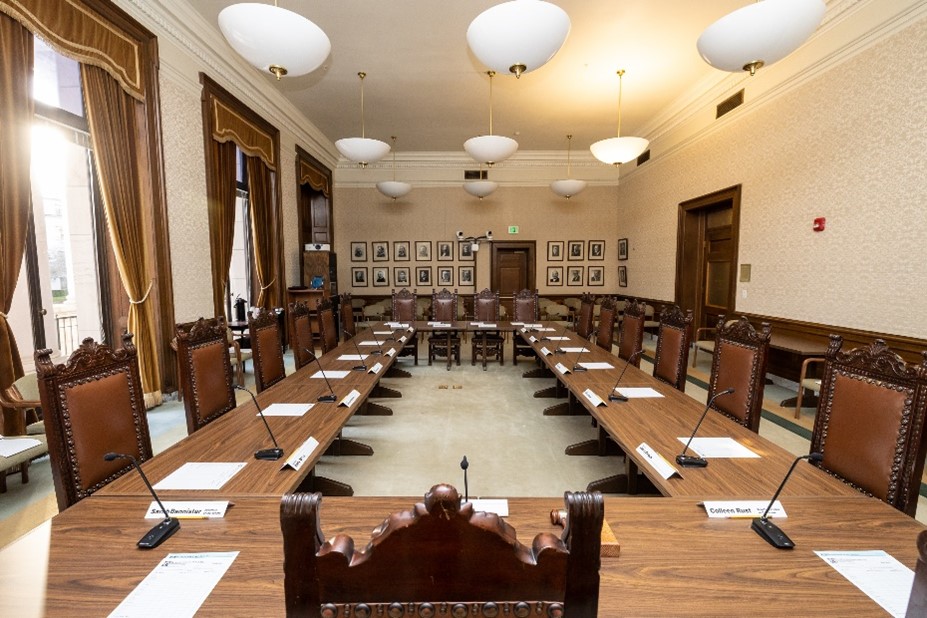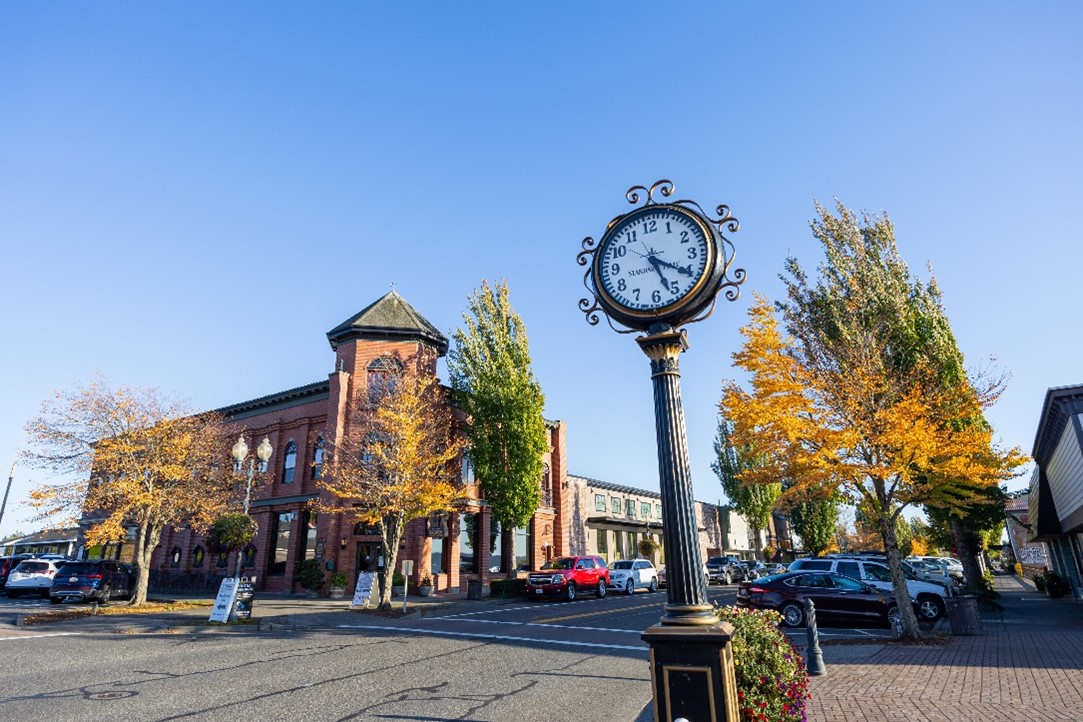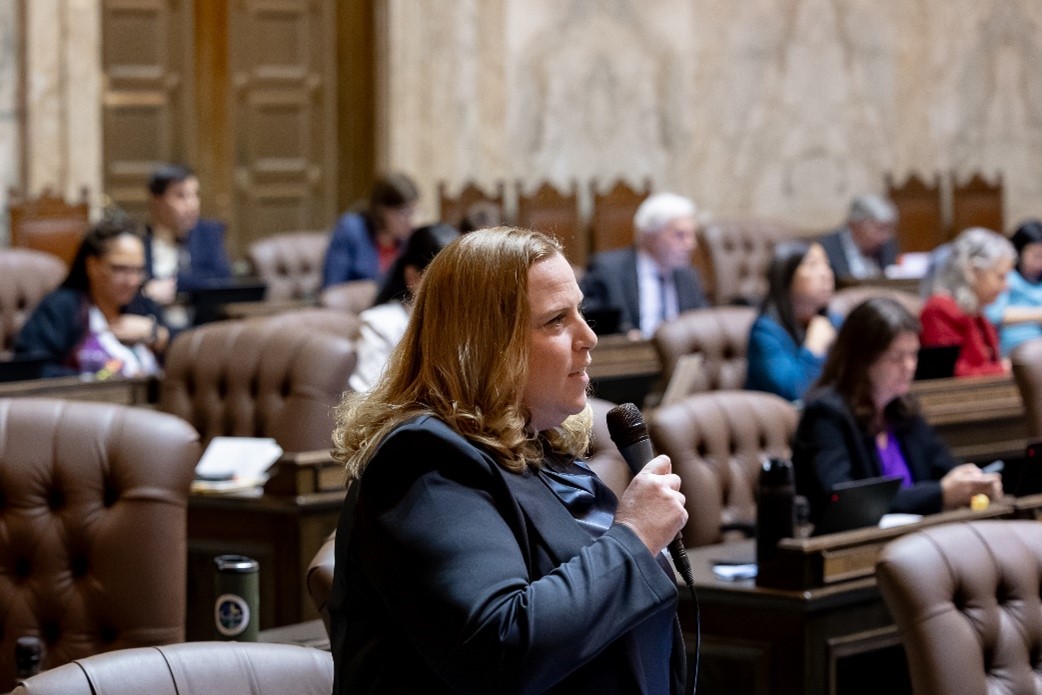Dear Friends and Neighbors,
I want to start by thanking everyone who attended our recent town hall at Ferndale High School. Your engagement and passion for our community are truly inspiring. We are facing difficult challenges, but by working together, we can advocate for solutions that protect our most vulnerable and ensure a strong future for all Washingtonians. To learn about my work this session, consider reviewing my priorities on child safety, affordability, and community safety.
Balancing The Checkbook at The Kitchen Table
As a mother of three, I know firsthand what it’s like to sit at the kitchen table with a stack of bills, a notepad, and some tough financial decisions to make – asking where to cut back and how to make ends meet. That’s why I do not support adding more taxes, especially in our border community, where federal tariffs have already put local businesses at great risk, with many of our local businesses reporting 30-40 percent decrease in border traffic and spending.
Increased taxes could further strain these businesses even more, jeopardizing our local jobs and driving up the price of basic goods for families and seniors who are already struggling. I hold great respect for the hardworking people that pay taxes and the most important thing to me is that we steward those dollars well.

Now, imagine we’re all gathered around that same kitchen table, but instead of our personal budgets, we’re looking at Washington State’s checkbook. The numbers are bigger, the spreadsheets more complex, but at the heart of it, the challenge is the same: How do we make ends meet without harming the people who rely on us the most?
Finding the Right Balance
These are the same questions I’m working through with my colleagues on the Capital Budget Committee. We’re looking for ways to ensure financial responsibility while protecting the services that keep our communities strong.
I encourage you to reach out and share your thoughts on where Washington might find cost savings, and new revenue proposals under consideration. Your feedback will help shape the decisions ahead and increase government efficiency.
My Budget Priorities

Even in tough financial times, our values shine through in where we allocate funding. For me, state budgets must make communities safer, stronger, and more resilient.
At the top of my list is building upon efforts such as a new detox center on the Lummi Nation to address the ravaging impacts of fentanyl in our community. We cannot back off our efforts. We need to double down on a safety net for impacted people and advocate for statewide support for detox and better care for babies exposed to fentanyl as well as their parents in recovery. We cannot let fentanyl devastate an entire generation, and we must continue investing in critical treatment and recovery services.
In addition to addressing the fentanyl crisis, we must invest in public safety and critical care for those who have been victims of abuse, especially children. That is why I am supporting prioritized funding for child advocacy centers and family preservation services.
Alongside my ongoing advocacy for local school funding, special education funding, outdoor education, Blue Schools, and the expansion of apprenticeship programs in the Operating Budget, I am prioritizing investments that strengthen our civic and economic infrastructure.
This includes restoring and modernizing historic granges—critical gathering places that foster civic engagement and connection—enhancing emergency response capabilities, expanding access to supportive housing, and creating new pathways for economic opportunity. These investments reflect a deep commitment to ensuring our communities remain vibrant, prepared, and connected.
Now more than ever, we need spaces where people can come together, look each other in the eye, and remember that we have more in common than not. These investments are not luxuries; they are essential to keeping our communities safe, thriving, and prepared for the future.
Let’s Keep the Conversation Going
Balancing a budget—whether at home or at the state level—is never easy. But the more voices at the table, the better the decisions we make.

Together, we can craft a budget that is not only responsible but fair, protecting the people who need it most while planning for a brighter future.
Thank you for being part of this important conversation.
Sincerely,

